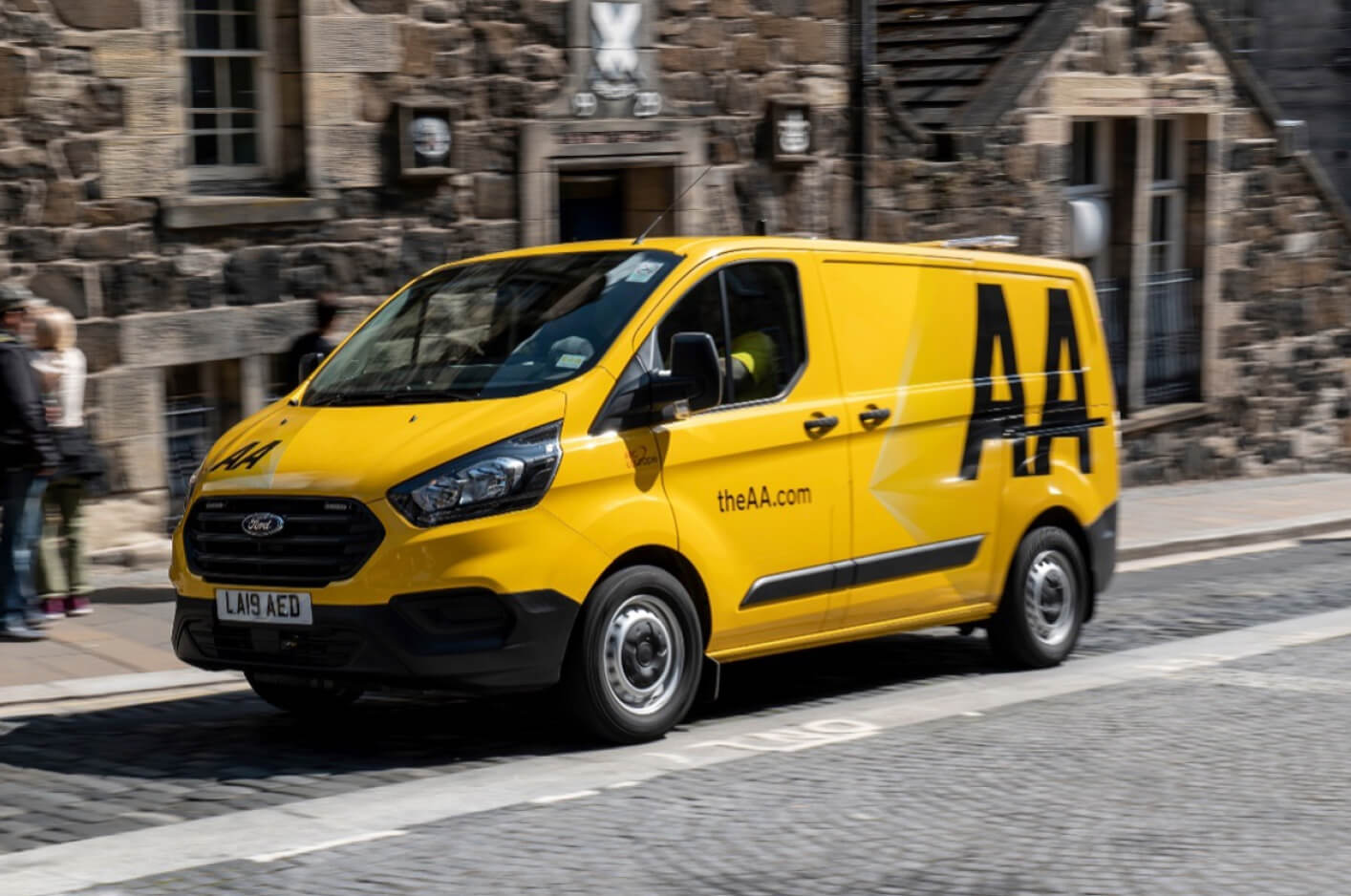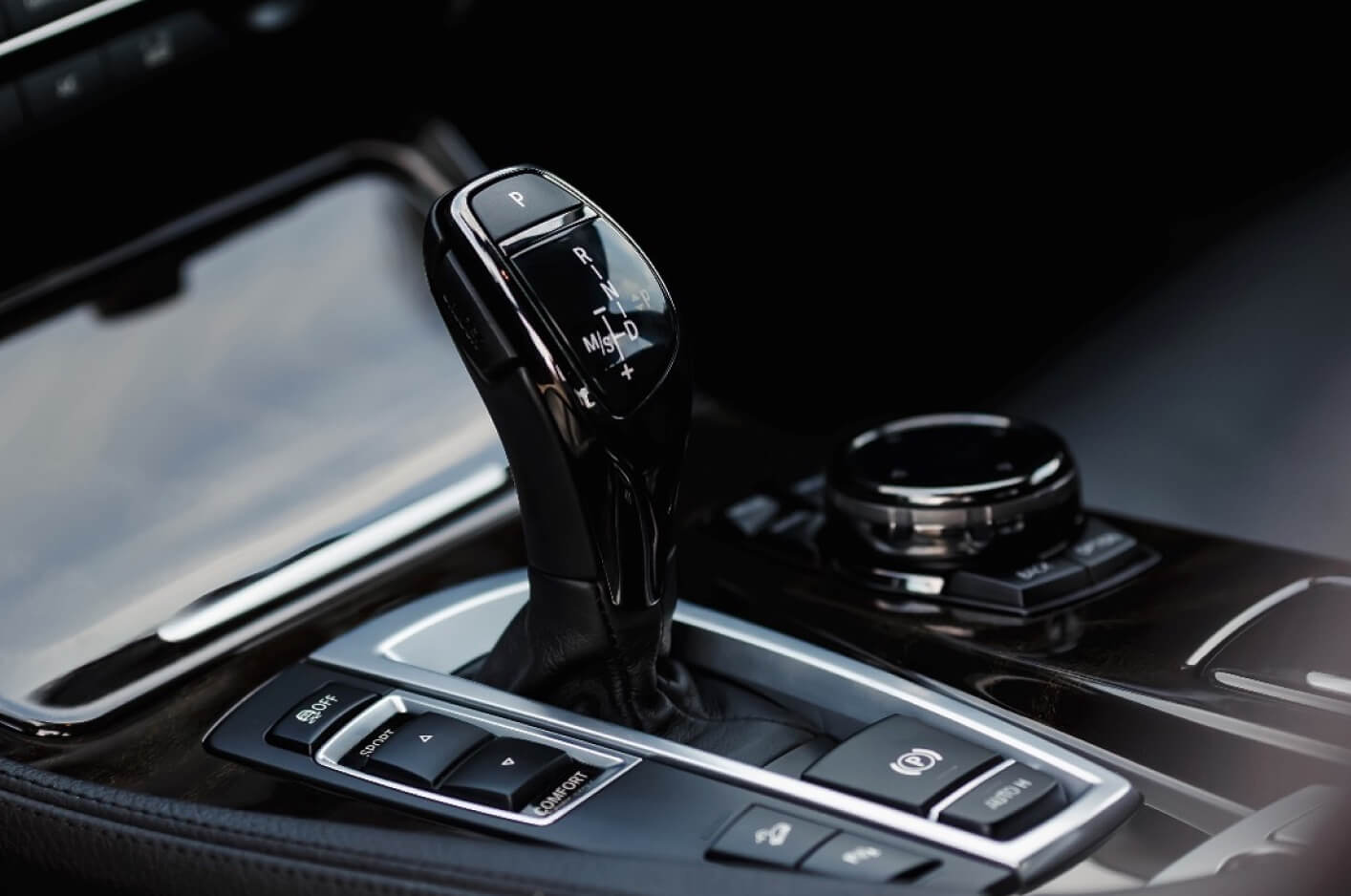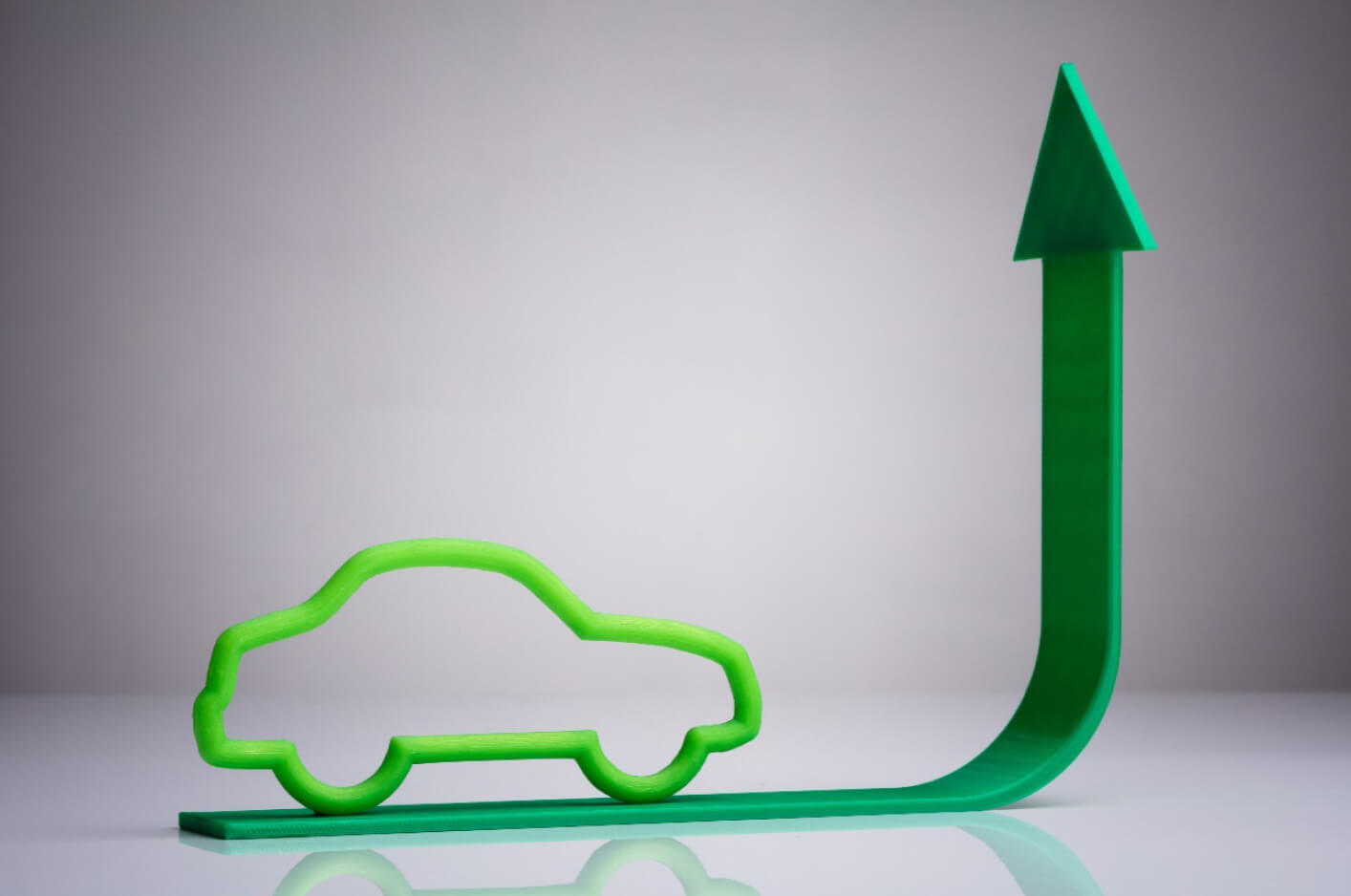26 April 2019
Businesses to benefit with autonomous cars to deliver £46bn in driving-related savings
Improved travel efficiency and reduced mobility-related expenses generating some £46 billion in savings will be delivered by 2030 by the deployment of autonomous cars on the UK’s roads triggering a surge in workforce productivity.

The Society of Motor Manufacturers and Traders (SMMT) and Frost & Sullivan published a report on autonomous driving.
According to the report, autonomous cars will:
- Create over 420,000 new jobs.
- Prevent over 47,000 accidents.
- Save over 3,900 lives.
- Generate £62bn in economic growth and £46bn in consumer savings.
That’s the claim in a new report published by the Society of Motor Manufacturers and Traders (SMMT) and consultancy Frost & Sullivan, which suggests that improved productivity will be generated by increased in-car connectivity.
For example, says the report - ‘Connected and Autonomous Vehicles: Winning the Global Race to Market’ - current SMMT estimates indicated that autonomous vehicle deployment could annually save every driving commuters almost 42 hours in travel time giving them a ‘full working week back’ every year.
Additionally commuters stood to benefit from a 20% increase in average speeds per journey due to reduced congestion and smoother traffic flows.
Furthermore, while the reduction in overall mobility costs and improvements in mobility convenience were seen as two of the key benefits of connected and autonomous vehicles, the report suggested that the biggest impact would be due to improved safety on UK roads.
By 2030, the overall benefits accrued from crash avoidance technology fitted in cars is estimated at more than £2 billion, with a reduction of more than 47,000 collisions and 3,900 lives saved.
While the widespread rollout of some degree of connected and autonomous technology is already underway - advanced driver assistance systems such as autonomous emergency braking and collision warning with the gradual introduction of automated vehicles on public roads from 2021 - and will continue for the next 10 years, unconditional, fully-self driving cars with no operating domain or geographic restrictions are unlikely to be introduced prior to 2035.
Therefore, it is in the decade 2030-2040 that, according to the report, the major ‘transport revolution’ will occur including the introduction of much talked about seamless Mobility-as-a-Service (MaaS) business models thus “overhauling the way people commute, triggering a stronger impact on the overall economy”.
The report suggests that cost ‘per mile business’ models will become the norm rather than ‘per car business models’ with all major motor manufacturers likely to have MaaS divisions focusing on revenue generation from new mobility models and in-car data-related services.
Consequently, concludes the report, the overall impact on the UK economy of connected and autonomous vehicle technologies could potentially be more than £145 billion during the decade 2030-2040 with consumers better able to “integrate their work and personal needs through seamless modes and connected digital services”.
The report added: “Beyond the improvement in productivity, the adoption of connected and autonomous vehicles is also likely to improve the overall convenience and quality of life for UK commuters as mobility will be more readily available to all and will provide a more stress-free commuting experience.”
In the UK more than £500 million has already been committed by industry and the Government to connected and autonomous vehicle research and development and testing. Autonomous driving trials are taking place in major towns and cities, including London, Birmingham, Bristol and Milton Keynes and there are four major connected and autonomous vehicle test beds and three additional sites focused on highways, rural and parking, with more than 80 collaborative research and development projects underway in total.
Mike Hawes, SMMT chief executive, said: “A transport revolution stands before us as we move to self-driving cars. These technologies are no longer in the realms of science fiction. And their adoption represents arguably the greatest change to how we travel since the invention of the car.”
Read the full report here.


